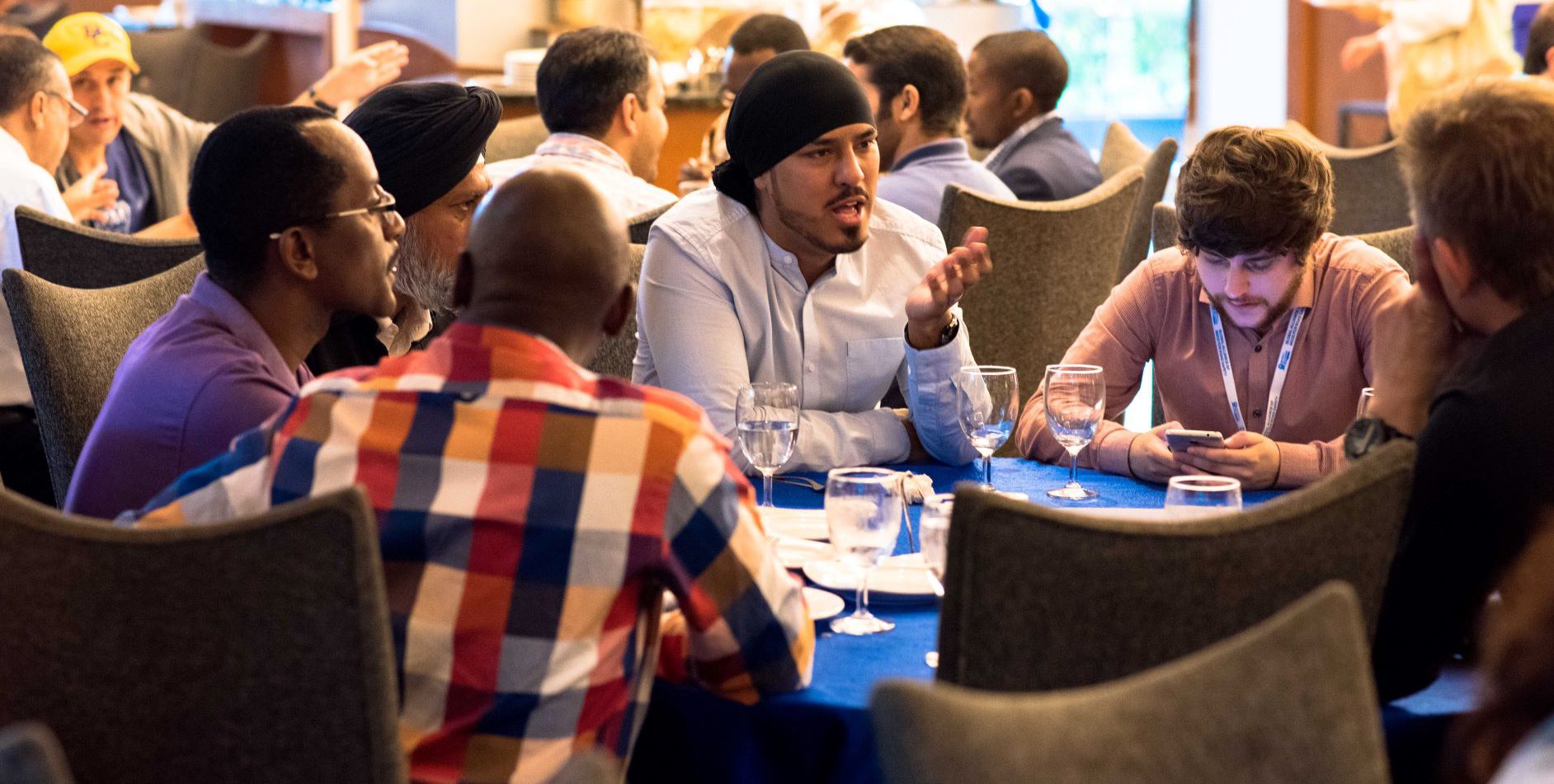Pillar Working Groups
As part of efforts to boost networking advocacy and knowledge sharing coordination efforts, the Alliance established working groups on the five pillars of the Decade of Action for Road Safety 2011–2020.
The Alliance pillar working groups give a focal point within the Alliance for initiatives by NGOs to address work within each Decade of Action pillar and contribute to the implementation of the UN Road Safety Collaboration (UNRSC) work plans, and ideally highlight progress and areas that may not be adequately recognized.
Purpose
- Ensure that challenges, opportunities, shortcomings and successes from NGOs are shared in the wider global fora and reflected in the work of UNRSC;
- Bring together a number of key aspects, including, promoting best practice laws, highlighting costs of doing nothing (reputational, financial, employee injury), and preparing a tool kit or guide for action.
- Advocate for providing technical knowledge, hand on support to local policy makers by sharing best practices of other countries of similar nature (not developed countries) etc.
Strategic objective
- Identify NGO members’ evidence-based knowledge and views regarding the most urgent steps their governments and other key stakeholders should be undertaking in support of the working group’s pillar.
- Prepare tools that enable member NGOs to promote these steps and advocate at a country level for them to be implemented, prioritizing laws and policies in Low and Middle Income Nations.
- Monitor the important advocacy and other actions NGO members have undertaken and plan to undertake in support of the working group’s pillar, the opportunities NGO members have to do more, and needs they have for further support from the Alliance or other sources.
- Working groups role and responsibilities
Structure
The working groups are voluntarily driven by Alliance members who wish to participate, reporting to the Alliance Board of Directors who are responsible for ensuring that the working groups inputs and focus is aligned to the Alliance Strategic plan and mission.
Each working group maintains a draft work plan and has a key contact person who will liaise with the Alliance and report on progression of work plans as well as practical aspects of the work. Any outcomes that the group would like to bring forward to the UNRSC will be presented to the Alliance Board, who will facilitate presentation at UNRSC.
Key Contacts
- Pillar 1: Gela Kvashilava
- Pillar 2: Mary Williams
- Pillar 3: Awa Sarr
- Pillar 4: Rochelle Sobel
- Pillar 5: Manuel Ramos
